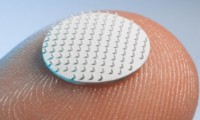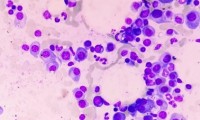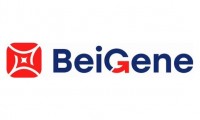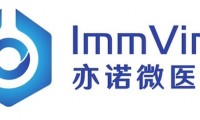-
AstraZeneca Joins Radiopharma Deals Spree With $2B Fusion Acquisition
- Source: drugdu
- 87
- March 23, 2024
-
Cells Harvested From Urine to Enable Earlier Kidney Disease Detection
- Source: drugdu
- 100
- March 22, 2024
-
Improved Microneedle Technology Speeds Up Extraction of Sample Interstitial Fluid for Disease Diagnosis
- Source: drugdu
- 81
- March 21, 2024
-
AstraZeneca Joins Radiopharma Deals Spree With $2B Fusion Acquisition
- Source: drugdu
- 130
- March 21, 2024
-
New Blood Test Cuts Diagnosis Time for Nontuberculous Mycobacteria Infections from Months to Hours
- Source: drugdu
- 136
- March 20, 2024
-
FDA’s Oncologic Drugs Advisory Committee Recommends Earlier Treatment with Carvykti for Relapsed or Refractory Multiple Myeloma
- Source: drugdu
- 147
- March 20, 2024
-
BeiGene’s Tevimbra receives FDA approval to treat advanced oesophageal cancer
- Source: drugdu
- 116
- March 20, 2024
-
FDA Approves Tevimbra, BeiGene’s Treatment for Adults with Unresectable or Metastatic Esophageal Squamous Carcinoma
- Source: drugdu
- 125
- March 19, 2024
-
Biotheus Expanded Their Partnership with Hansoh Pharma for Developing EGFR/cMET Bispecific Antibody-Drug Conjugates
- Source: drugdu
- 170
- March 19, 2024
-
ImmVira’s oncolytic product MVR-T3011 IT Intratumoral Injection Receives FDA Fast Track Designation for HNSCC Treatment
- Source: drugdu
- 88
- March 19, 2024
your submission has already been received.
OK
Subscribe
Please enter a valid Email address!
Submit
The most relevant industry news & insight will be sent to you every two weeks.













